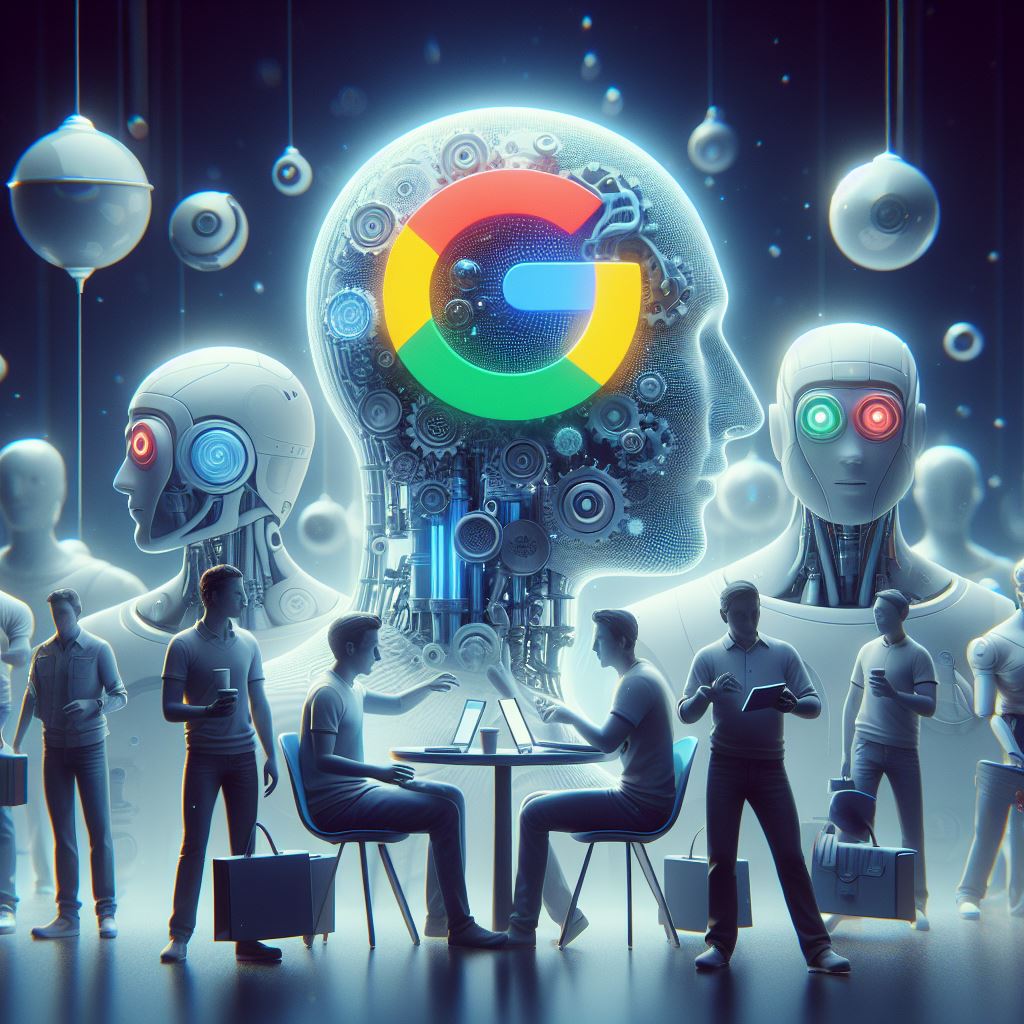
In a span of just two days, Google and OpenAI have unveiled groundbreaking advancements in AI, introducing a new form factor: the AI agent. Departing from static text interfaces, these AI agents are poised to revolutionize digital interactions.
At its annual I/O event, Google introduced Project Astra, an ongoing research endeavor by DeepMind engineers to develop a universal AI agent. Astra operates on smartphones, leveraging AI to analyze camera feed footage and provide real-time responses to user queries through natural-sounding audio. Powered by Gemini 1.5 Pro, Google's flagship model, Astra interacts with and understands objects in the user's surroundings, enhancing user experiences.
OpenAI, on the other hand, showcased the evolution of ChatGPT from a text-based interface to a dynamic AI assistant tool. ChatGPT now responds to queries with natural-sounding voice capabilities, processing responses in milliseconds. Users can interact with ChatGPT through smartphones or desktops, even pointing it at objects for discussions, such as solving math problems. Unlike Google's research project, OpenAI is rolling out early features of its AI agent to consumers in the near term.
Both Google and OpenAI leverage foundation multimodal models to power their AI agents. Google's Astra utilizes innovations from DeepMind's research in various modalities like video and image analysis, enabling it to comprehend and interact with real-world objects. OpenAI's new ChatGPT, powered by GPT-4o, boasts faster processing and improved reasoning capabilities, offering a versatile solution for real-time interactions.
The shift towards consumer-centric AI agents reflects a strategic move by both companies. By integrating AI into everyday tasks, they aim to gather valuable data and drive future innovation. However, this approach also raises concerns regarding data privacy, safety, and potential misuse. Both Google and OpenAI must navigate these challenges while fostering trust and responsible AI usage among consumers.
With these advancements, Google and OpenAI are poised to redefine digital interactions and empower consumers with AI-driven solutions. By making AI agents accessible to all users, they aim to democratize AI technology and drive widespread adoption. This shift marks a significant step towards realizing the vision of AI as a ubiquitous and indispensable tool in our daily lives.